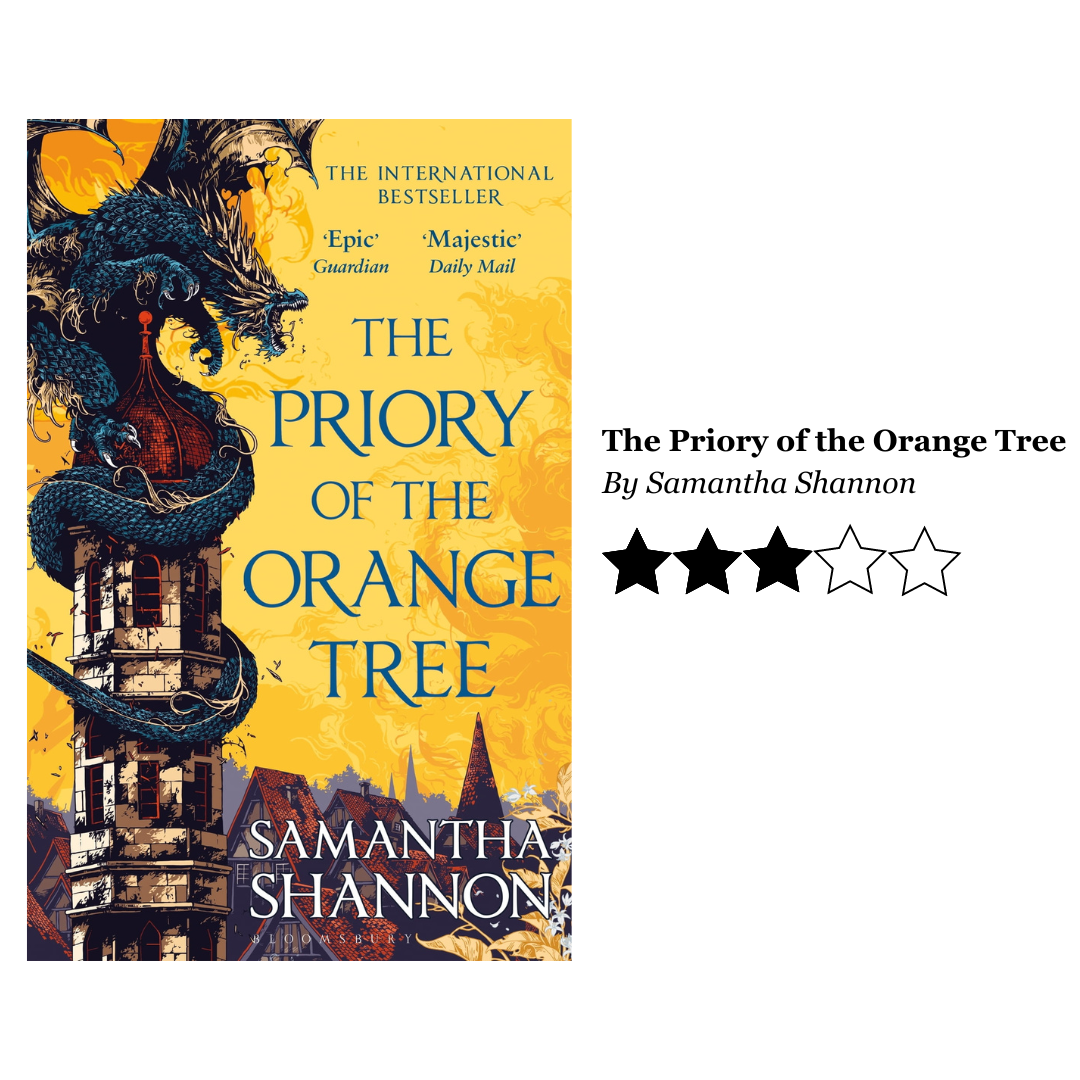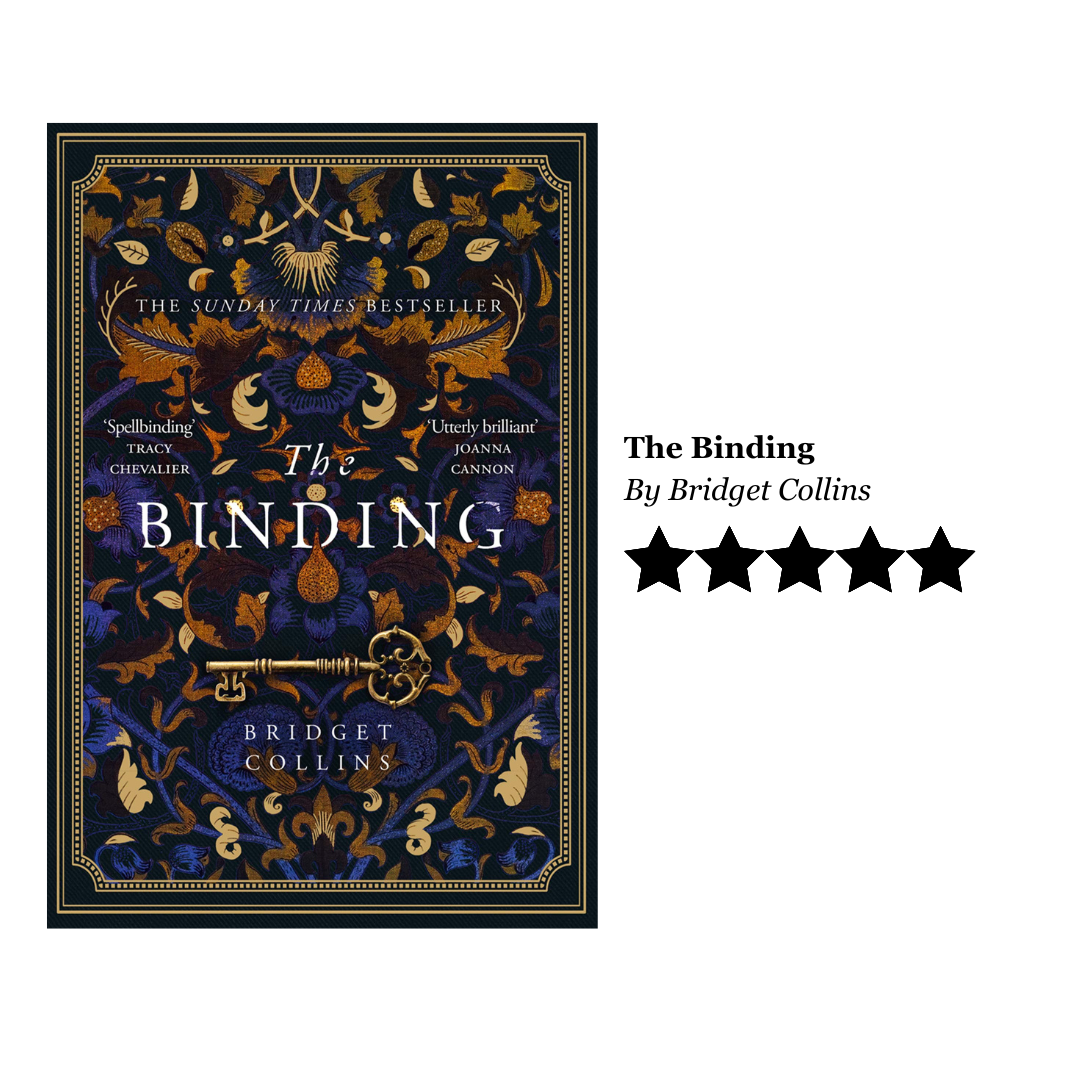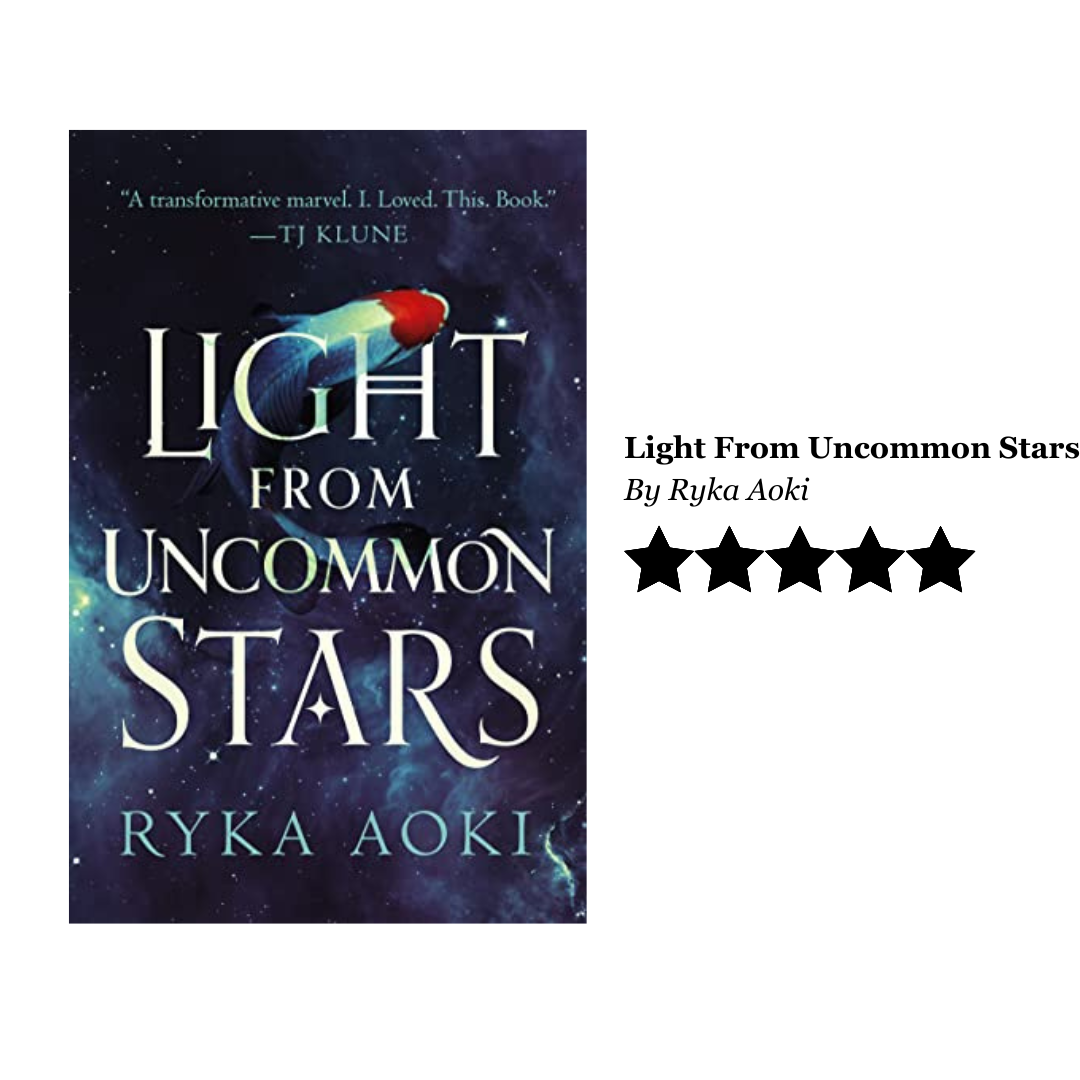I Read “The Song of Achilles” and Wanted to Ritualistically Murder the Author
Queer Characterization: From the Wonderful to the Dreadful
By: Alison Fisher
Hello
Alison Fisher here, your resident Swiss Miss. Native Nebraskan, former Chicagoan, and current international superstar living and thriving in Switzerland.
I am thrilled to be Lydia’s first guest writer on the PLydi book blog! I’ve been a fan of her reviews since they were just a series of hilarious videos Lydia texted to me. Now that she has graduated onto a real, full-blown blog, I’m still her most dedicated reader.
I love hearing Lydia’s opinions, which she bravely holds separate from her recommendations - she really understands the art of the personalized rec in that she knows just because she likes something, doesn’t mean I will. I trust her completely, even when she says “read this but do not google anything about it beforehand.” She’s never let me down.
My Task
The specific assignment for my first guest contribution was to compile the Alison Fisher Required Reading List. As someone with harsher and much less eloquent opinions than PLydi, I am not quite emotionally ready to reveal my book club syllabus to the general public. Instead I will be fulfilling Lydia’s second assignment, which was: “Rant about queerness in books.”
For the purposes of this assignment, I’d like to offer some information about myself that might lend me some authority (or not) to be writing this post. Firstly, I am a card-carrying lesbian. Whatever rumors you have heard about lesbians, assume that they are true. I identify as In The Community in that I have many queer friends of various flavors and consider myself a connoisseur of queer culture.
(Proof of Lesbianism)Secondly, and probably most importantly, I read a lot; I like to think I keep pace with Lydia, so I total around 5 books per month. Unlike Lydia, I hate learning because my brain is already too full of song lyrics, so (much to her dismay), I shirk non-fiction and exclusively read fiction. My preferred genre is fantasy and I despise romance.
My hatred of love in the media is relevant for this post because as it currently stands, authors have not quite gotten the hang of writing queer characters simply existing in stories without romance or “coming out” as the main focus. Things are thankfully changing nowadays (for the better), but the fact that we famously Live In A Society is the lens through which I am forced to evaluate queer media. As a romance hater, I am not reading a book to enjoy the epic highs and lows of two queers falling in love. I’m reading for the drama and the gossip (also known as the plot) and if there happens to be some romance thrown in, I suffer through it. If romance is the main dish, I’m not hungry.
One of the privileges of identifying with society’s majority demographic– in this case, heterosexual– is that accurate, positive depictions of individuals and characters who share your same identity are plentiful and the norm. Pick up any book, watch any movie, walk into any restaurant and you will find people “just like you”. We queers are not quite so lucky.
Important note: I am not heterophobic. I read books starring straight people all the time. My sister is actually straight so I literally can’t be heterophobic. However, this post is not about hetero culture.
Today, I am specifically focusing on queer characters in literature. In my experience, when queer characterization is done right it's done right but when it's done wrong… it is offensive, abysmal, and an embarrassment to its author and publishers.
Without further ado, here are some queer books I’ve read in the last few years and my overall smash/pass evaluation of whether or not you should read, categorized by whether or not I think the author committed a hate crime in publishing.
THE OFFENSIVE
No wading in, we’re jumping straight into the hate crimes. I hated this book so much that I get worked up every time I talk about it. This is receiving the lowest 1-star rating I could ever give. Which is controversial considering it is well beloved by… pretty much everyone else. Is it beautifully written and wonderfully crafted from a purely literary standpoint? Sure. But when evaluated through a queer lens, it is abhorrent.
This story is an imagined retelling of the romantic relationship between Achilles and Patroclus. The type of homophobia that gay men face in our society is typically some variation of “gay sex is disgusting.” As our culture becomes more progressive, media and society at large claim to be fine with gay men– as long as their gayness stays strictly confined to normative displays of romance, say, a hand holding or a tender, loving gaze. As soon as men’s gayness crosses over the “sexual” threshold, they are considered disgusting and inappropriate.
Despite being an entire novel about a lifelong romance between two men, Madeline Miller made it clear that she thinks gay sex is disgusting. It is strictly “romance only” in that their relationship focuses on their deep emotional bond and loving intellectual companionship–without mentioning a single shred of any of their sexual activities; it is truly PG in that regard.
I’m all for a sexless, romance novel. My issue is not with the fact that she left out homoeroticism, but rather that she did include a bizarre, random, graphic sexual encounter involving one of the gay characters and a woman. The “fade to black” approach to the topic would have been passable if she hadn’t also included this graphic sex scene that was nonsensical and wildly unnecessary. Why was an uncomfortable, coerced, graphic sexual experience between a (gay) man and a woman deemed worthy of page space but a loving, consensual, healthy sexual encounter between the two main male characters did not make the cut?
Clearly, it is not because Miller wanted a PG, sexless novel. She was completely comfortable describing a “straight” encounter. The reasoning reeks of homophobia and the notion that even in a loving relationship, male-male sexual experiences are unpalatable, inappropriate, and “gross”.
(As a side note, I actually liked Madeline Miller’s other book, Circe; she did a great job reimagining a “woman scorned.”)
I think she is probably a good writer, but her specific issue is that she was not qualified or prepared to write gay content and no one in the industry or in her personal life paused at any point along the way to wonder if she should be allowed to try. This level of ignorance is embarrassing and shameful for Madeline Miller and is a microcosm of the publishing industry as a whole. The fact that fans of this book are all straight women should tell you everything you need to know. This is the ultimate example of how queer characterization is done wrong.
This one is extra weird because it’s lauded as an incredible feat of sci-fi and a wonderful contribution to sapphic literature. I’m baffled by both brands of compliment since I found the story and characters to be boring, meaningless, and flat. I didn’t believe that the protagonists were women or queer, let alone that they were in love. There is “queer content” in this book in the same way there is lemon in La Croix: a halfhearted fart of a flavor added by someone who’s never tasted citrus in their life.
The authors (neither of them lesbians) obviously had no idea how to write queer women characters and their failure was so spectacular that their attempt was offensive. We queers are not so desperate for representation in books that we will take whatever measly crumbs hetero authors sweep together. Representation must be accurate, believable, and just plain good. This missed all the marks.
THE OK
These books in the OK category have less glaringly obvious queer failures. Instead, the entire book felt more “meh”. The plot, structure, and themes overall left much to be desired.
Personally, I didn’t like this book and found it to be just “alright.” If the books in my upcoming top tier category are artistic masterpieces, this is a paint-by-number. I found the story predictable and the characters two dimensional. I didn’t have specific issue with the queer aspects of the book, but the characters in general did not feel real to me and the queer content was just as weak as the rest of the book. This is a great example of a book that received a ton of praise but is in fact underwhelming and I judge people harshly when they recommend it.
I know this is supposed to be the ultimate lesbian fantasy book, but I found the queen falling for her handmaiden to be out-of-place in this fragmented, slow-moving narrative. I found the author to be unnecessarily long-winded and the pacing made me want to fall asleep. When the protagonists fell in love, I was genuinely surprised because neither of them seemed authentically queer or interested in each other at any point, including after they got together. I am honestly not sure why the author felt compelled to include a queer storyline in this.
I found it difficult to connect with this story because it’s a serious book about war and politics with elements of magical realism. There were lesbians in it and I liked their scenes together. But with war as the main course and romance as a side, I found myself hoping there would be dessert.
THE GOOD
These books I give 4 stars. While they could have used slight improvements in their queer characterization, overall, I enjoyed these books as a good drama/thriller in general, just not necessarily a queer drama/thriller.
The protagonist, Scarlett, is a woman who is a serial killer (girlboss!). The book was good for the violent drama that it was. Scarlett is bisexual, and there is some romance between her and another woman who is a minor character. The book belongs in the 4 star group because while representation is great and stuff, I think the author forgot that Scarlett’s bisexuality should have remained secondary to the fact that she is a SERIAL KILLER. Is Scarlett, a sociopath, even capable of love? Did she “fall in love” or is she just using all the tools at her disposal to manipulate and control this other woman? The author didn’t bother to address these themes at all or Scarlett’s sexuality in the context of her psychopathy and expected readers to take the romance seriously. It is also not lost on me that the decision to make her bisexual could be part of a larger societal narrative stereotyping bi people as hypersexual, though that was not my primary concern with her character. Scarlett’s sexuality could have been interesting, but there are puzzle pieces noticeably missing from how it was handled in the text that detracted from my reading experience.
A PLydi rec through and through, this book is a rollercoaster of a cult classic horror movie featuring carnivorous killer mermaids attacking a research vessel. Naturally, the main two women find the time to fall in love despite the constant danger. The queer romance here was sweet, but wildly out of place and shallow considering the circumstances. You’re about to get eaten alive, ladies! Now is not the time. If you are considering reading this for the queer romance, don’t. It doesn’t hold water through that lens. If you are considering reading this for an action-packed killer mermaid thriller, DO. It is extremely fun in that regard.
THE GREAT
These 5 star books not only have wonderful representation, but they are also just plain good, for any genre. If you are going to read any books from this post, obviously start here.
I can’t say much about the gay content in this book because of spoilers, so I’ll keep it vague. I really loved this book - the plot, pacing, and characters were enthralling and the barrage of Shakespeare actually added to the reading experience. There are queer characters in this, but I could tell the author is a straight woman. This book barely earns a top tier spot because the queer content was pretty weak (the queer themes are suggested rather than outright), but the strength of the story and the author’s smart structure and plot decisions that let her avoid writing gay things down on the page partially compensated for the watered down wishy-washiness of the queer stuff. Ultimately, this was still a five-star read.
I’m breaking PLydi book club rules by even telling you this book is queer, but I had to include it. This book is as dreamy and dark as a fairy tale, and in a shocking turn of events is primarily a romance! The unique structure of the story is driven by what I like to call “amnesia-as-literary device.” These characters felt complex and the romance was believable, instead of simply required by the plot.
Yet again, I’m spoiling this by including it in this post as a gay book. Now that I write this I realize it has many similarities with The Binding: a PLydi recommended, dreamy, dark fairy tale, “amnesia-as-literary device”…no complaints.
This is a whimsical sci-fi book with fantasy elements, and I found that the inclusion of queer characters worked well and served the plot while never feeling tacked-on or disingenuous. The characters and their queer identities felt real and raw - the author does a wonderful job exploring the full breadth of pain and joy possible within the queer experience as well as queer themes of finding community and finding yourself.
I recommend this to anyone who sits still for long enough. This book is a fascinating, dark sci-fi murder mystery adventure about necromancers. The main characters are unquestionably lesbians, though it is never explicitly stated, and there is zero romance in the book; the queer characters are allowed to simply exist as themselves and be swept along by the wild ride of a story. This is one of my all-time favorites.
In Summary
The more I reflect on queer content and queer fiction, the more confident I become that well-written queer characters have to seem real - they should be complicated, human, and layered, with sufficient motivation to drive their participation in the story - and also have a believable queer identity. This combination is shockingly difficult to pull off.
Gender and sexuality are lenses through which we experience the world. These identities inform everything we say and do, including for straight, cisgender people. I’ve found that authors struggle to integrate queer identity into their overall characterization, resulting in either heavy-handed and clunky declarations of queerness on the page or in the too-subtle silent death of the character’s queer identity that only ever exists inside in their mind and has no bearing on their actions or their experience of the world.
For the most part, I appreciate that authors are trying, and I get it: the nuances of queer culture are difficult to capture! With this in mind, please contact me if you are trying to write lesbians into a book. I would be thrilled to help you out. Trust me: you need it.

















